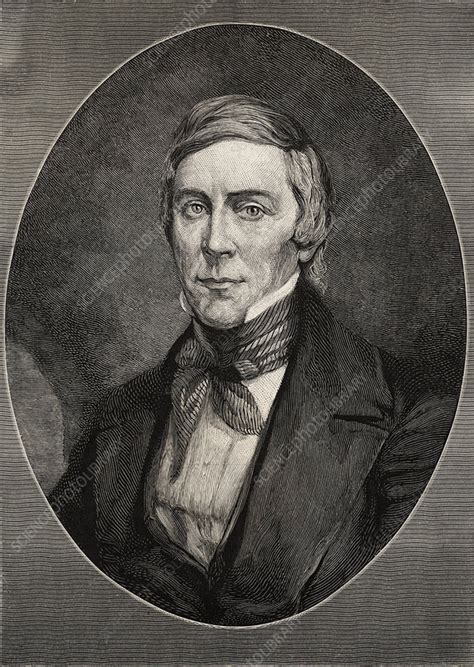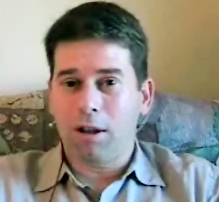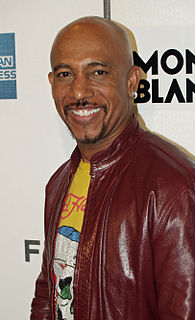A Quote by H. W. Brands
With my first few books, I was aiming at an academic audience, basically, to get tenure. You can presuppose a certain amount of knowledge; you can expect that there is this common background.
Related Quotes
Nonfiction narratives are really powerful and valid in themselves. But one thing that you don't get sometimes from the more clinical or academic books or nonfiction books is that you don't get to hear the person's voice; you don't get them as individuals. You get a few quotes and you hear them as sort of a case study: numbers, examples, anecdotes, maybe a paragraph here, and that's about it.
With a book, you're guaranteed the audience has a certain skill level and that the audience has to make an ongoing effort to consume this product and that the project is being consumed by just one person at a time. I really want to play to that strength because it's one of the few advantages books still have.
When I'm writing for a book, it's much more reflective process. I have certain things that may not translate well to the stage, but, when they're on the page, people can really get into them. My first two books were aiming to be funnier, but the third was more about deep exploration. Things about being a parent and growing older that I thought would be perfect for a book.
Many faculty retreated into academic specializations and an arcane language that made them irrelevant to the task of defending the university as a public good, except for in some cases a very small audience. This has become more and more clear in the last few years as academics have become so insular, often unwilling or unable to defend the university as a public good, in spite of the widespread attacks on academic freedom, the role of the university as a democratic public sphere, and the increasing reduction of knowledge to a saleable commodity, and students to customers.
You know who has tenure? The pope has tenure. The Queen of England has tenure. So does Fidel and the communists - because they represent the people, of course (scoff). Federal judges have tenure as well - no federal judge has ever successfully been removed. And then there's the college professors. Me. How do you like that?
When "news stories" are broken, do we not expect a certain amount of fact-checking or source-checking? One has to ask if this falls under the guise of sloppy reporting or deception as a source of spin. We seem to accept a certain amount of deception and we seem to be helpless to doing anything about it, as illustrated so clearly by where we are right now in this moment in history.








































